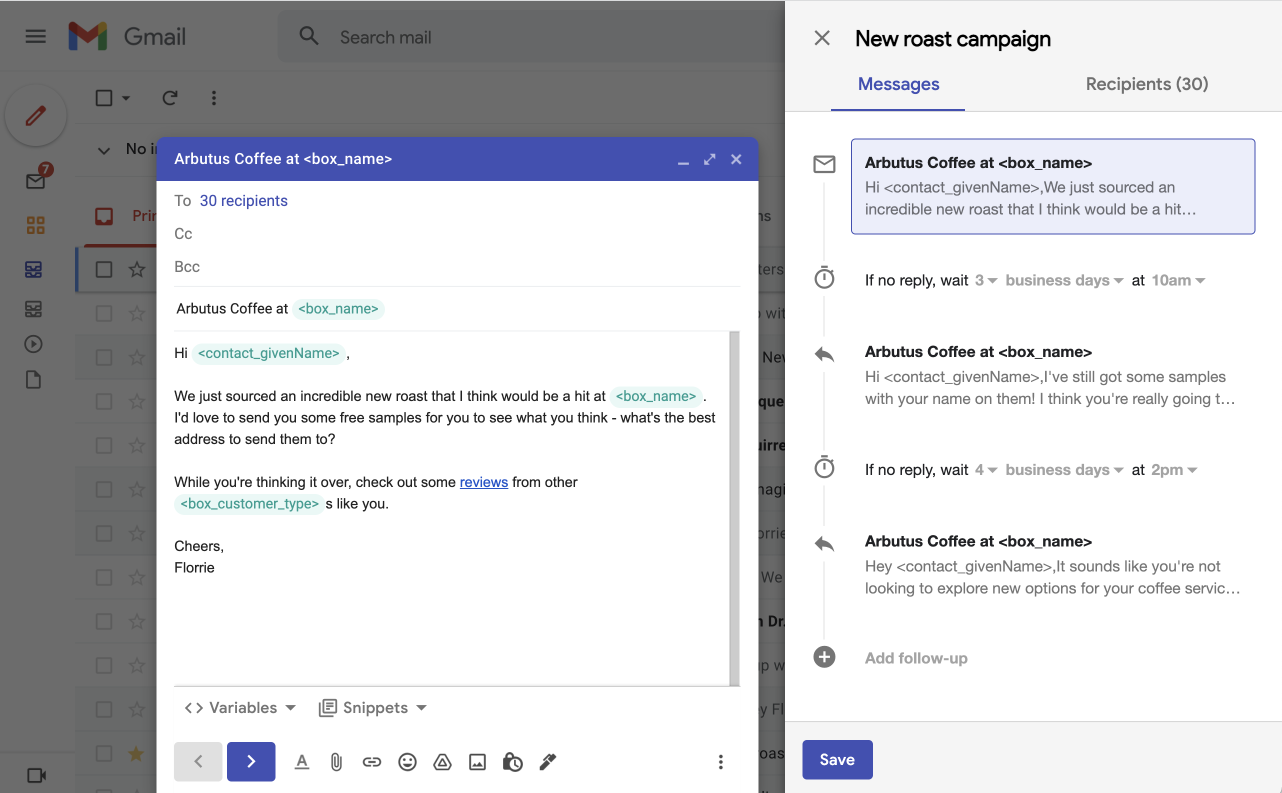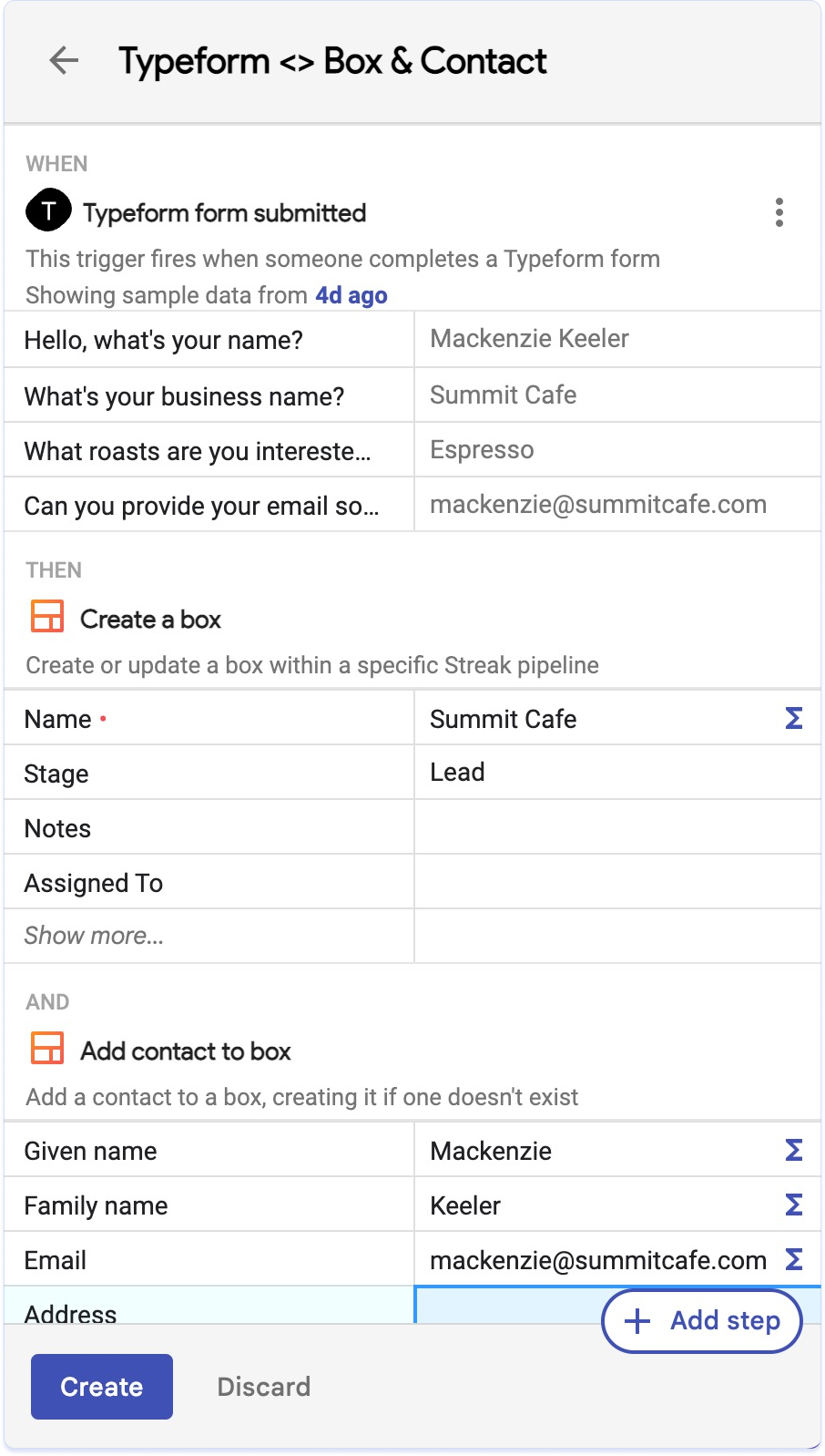How to use task automation to work more efficiently in any job in 2024

automation
Navigating a busy work schedule is tough, especially when your to-do list is piling up with repetitive tasks. Luckily, it’s easier than ever to automate tasks, so you can spend more time focusing on what’s important to you and less time stressing over time-consuming daily tasks. Task automation has applications and potential use cases across a wide range of industries. Whether you’re looking for easier ways to manage data or just want to sort through a clogged inbox, there’s a task automation tool out there for you.
What is task automation?
Task automation is the process of using technology to complete tasks instead of doing them manually. For example, you might use a software program to pay bills, post content online, or schedule meetings. You can even use task automation to create tasks for you and your team members.
You’ll still need to spend some time setting up the automation process, specifying what tasks need to be automated as well as when and how they should be done. Once these initial parameters are set, the software program handles the task for you.
Why is task automation important?
By automating repetitive tasks, your team has more time to spend developing new ideas and working directly with customers. This is a win-win situation for both your organization and your team members. Your employees will spend less time on busy work and more time on engaging and fulfilling tasks. Not only does this improve morale, but your team members will also be able to reach their full potential and provide more value for the organization overall. As a result, automation helps you stay competitive in a rapidly changing technological landscape.
What types of tasks can you automate?
There are a wide variety of tasks that you can automate to streamline your workflow. The best tasks to automate are simple, rote tasks or repetitive tasks. Automating these tasks gives you more time to focus on more complex or creative tasks, which are more difficult to automate. With the advent of machine learning and AI, it will become possible to automate even more tasks over the next few years. Technology is growing at a rapid pace, and we’re just starting to see the extent of what’s possible with automation.
Email Management
There are many different ways to use task automation for email management. Automated email outreach is great for scheduling outbound emails and organizing incoming emails.

Some of the ways you can automate email management include:
- Scheduling follow-up emails for your email outreach.
- Scheduling reminder emails for upcoming recurring payments or late payments.
- Sending follow-up emails after meetings or events.
- Scheduling newsletters and other mass emails ahead of time.
- Automatically deleting emails that meet specific criteria (ie. spam).
Social Media Management
Finding success on social media requires you to post on a regular basis and respond quickly to comments and messages. This can be extremely time-consuming, which makes this task a perfect candidate for automation. There are several ways to automate your social media strategy. Many tools allow you to schedule posts ahead of time. Auto-reply tools will respond to comments and messages for you.
Paying Bills
It’s easy for payment due dates to sneak up on you when life gets busy. With technology, you can schedule all of your payments ahead of time and even set automatic recurring payments. This helps your organization avoid late fees and remain in good standing with your partners and contractors.
Team Management
In addition to helping you manage your own workflow, automation technology is also very helpful for keeping your teams organized. Many CRM systems have features that will let you assign tasks to team members automatically and will automatically notify you when tasks have been completed. For those in IT or similar fields, you can also use automation to generate tickets for each project. Automation is also helpful for administrative tasks like verifying time cards and payroll for hourly employees.
Data Organization
With so much data stored digitally these days, it’s hard to keep everything organized. Automation is a valuable tool for data management. You can use software programs to automate data entry and convert data into a variety of secure formats for future use.
How To Automate Tasks
Taking the time and effort to automate tasks throughout your workflow will have a big payoff for your team. These steps will help you identify which parts of your workflow are best suited for automation and start redirecting your team’s energy to more creative and strategic work.
1. Audit your tasks
The first step is to conduct an audit of your team’s tasks. Pinpoint which tasks are taking you the longest, as well as any repetitive tasks that are interfering with your productivity or long-term goals.
2. Identify tasks best suited for automation
Once you’ve listed your team’s tasks, determine which ones can be automated. Start with the tasks that are easiest to automate – these are your low-hanging fruit. Some great examples are adding new leads to your Sales pipeline when they book a call or fill out a form, or sending an email to a contact after they complete an action.

From there, determine how the automated tasks fit into your new workflow and where you can redirect your efforts.Remember, tasks that involve complex analysis or creativity are difficult to automate, so leave those for your team to tackle.
3. Choose an automation tool
Once you’ve decided which tasks to automate, it’s time to find the right task automation tools for your needs.Many apps that you might already be using will have native integrations and automation features included in your service plan. For example, Streak offers native integrations with Calendly and Typeform, which allows you to add information from events and forms to your pipelines and email sequences. Streak also includes native integrations and allows you to use Zapier, which offers thousands of automation templates for popular integrations. You can even create your own custom automations from scratch. You may need to test out a few different automation tools in order to find the right one for your business.
4. Set up your automations
Once you’ve found the right automation tools, it’s time to create your automations. Automations consist of a “trigger” step and an “action” step.
Say you wanted to send an automated email response to certain contacts when they fill out a form on your website. The trigger step would be receiving a new form submission, and the action step would be sending an email. Before you use your automation for the first time, be sure to test it out and make sure it works properly.
Automate Tasks To Save Time And Effort
With limited hours in the workday, it’s important to make your schedule as efficient as possible. Using tools like Streak to automate tasks you do every day gives you extra time to work on more complex projects.
THANKS
By
Sarah Foley
from